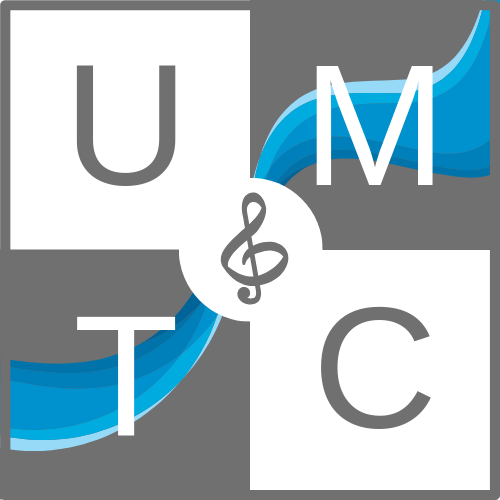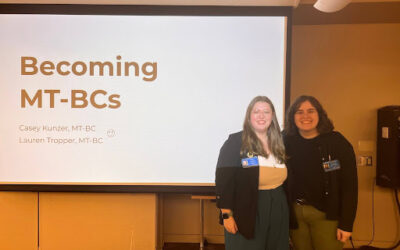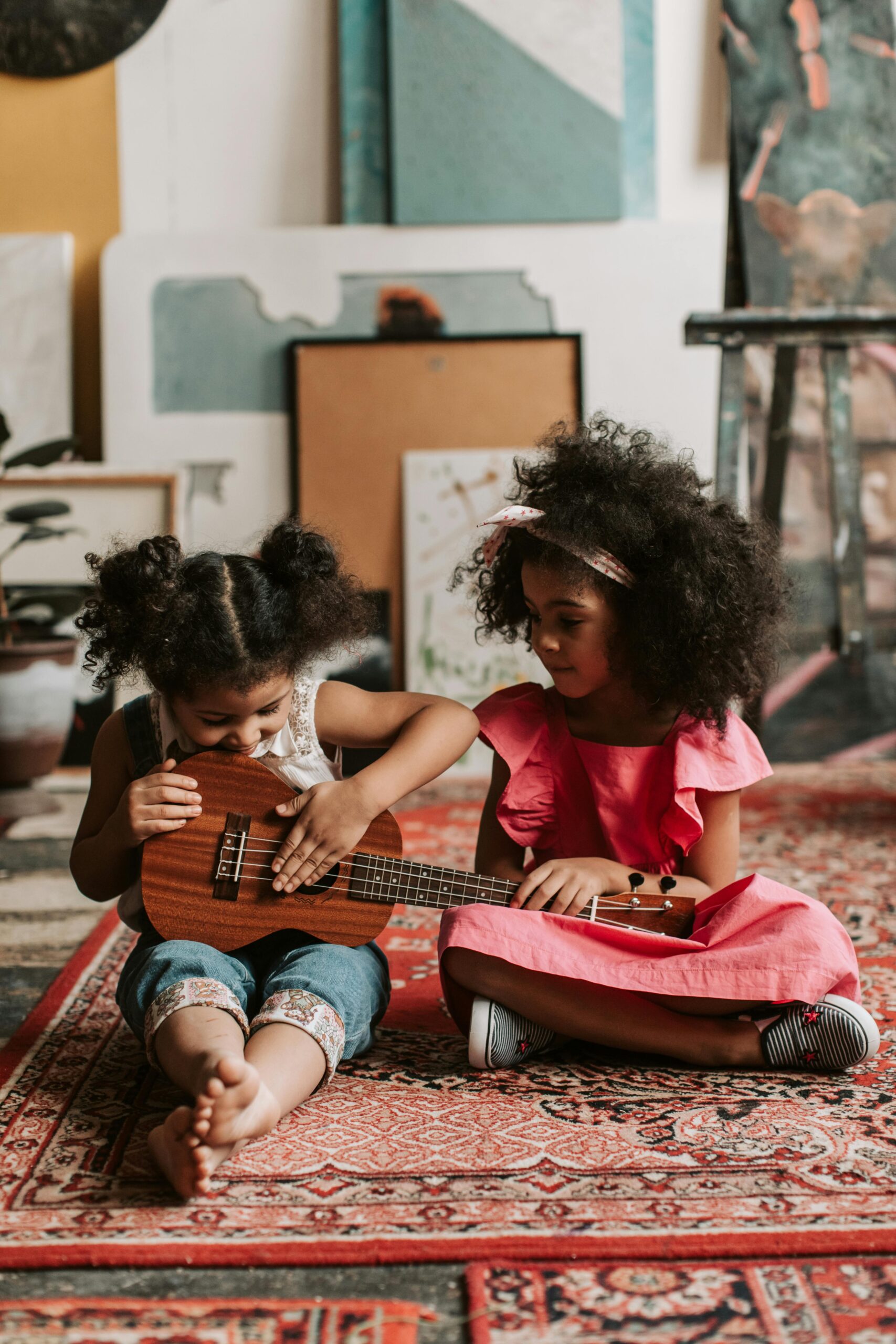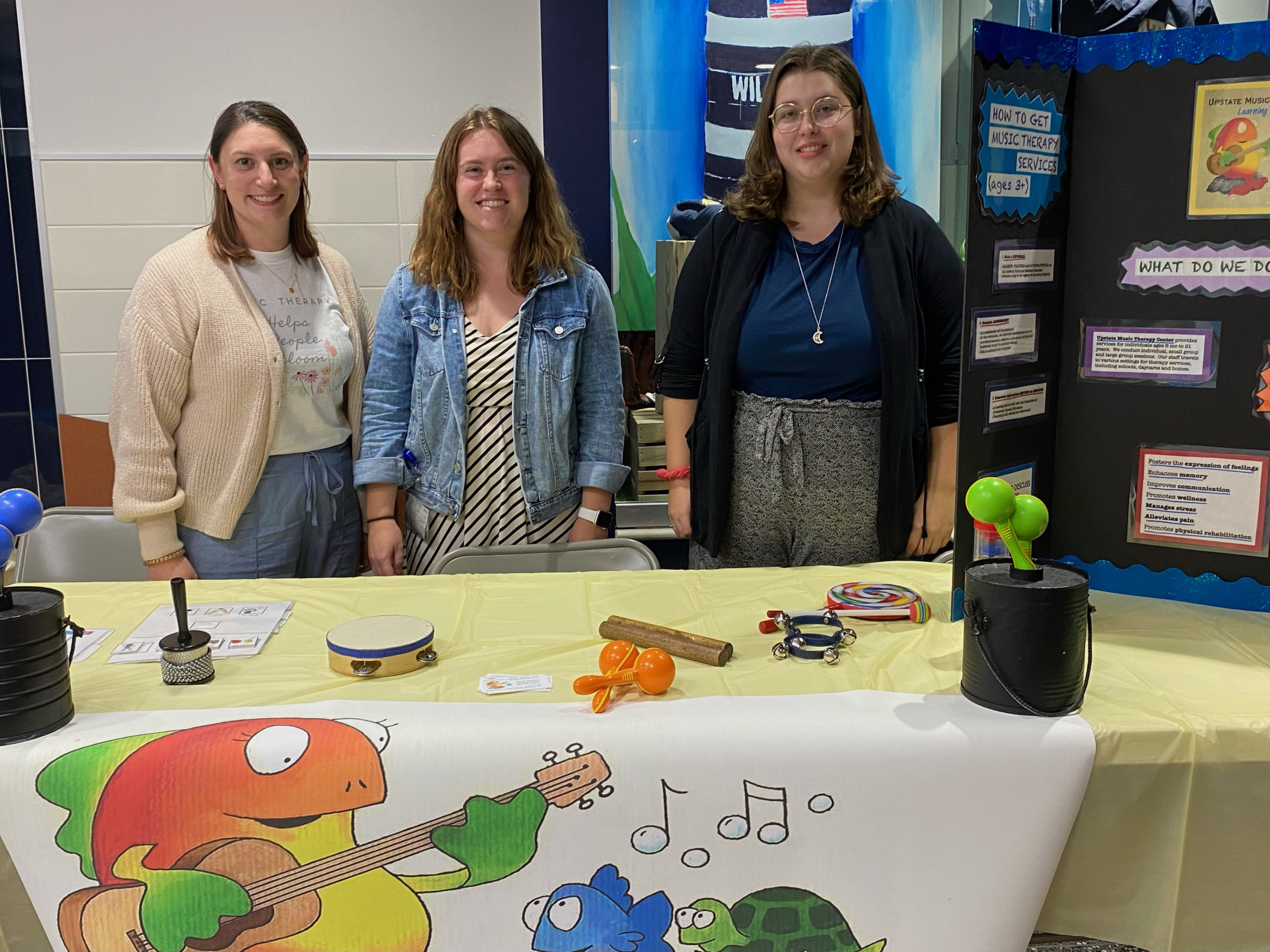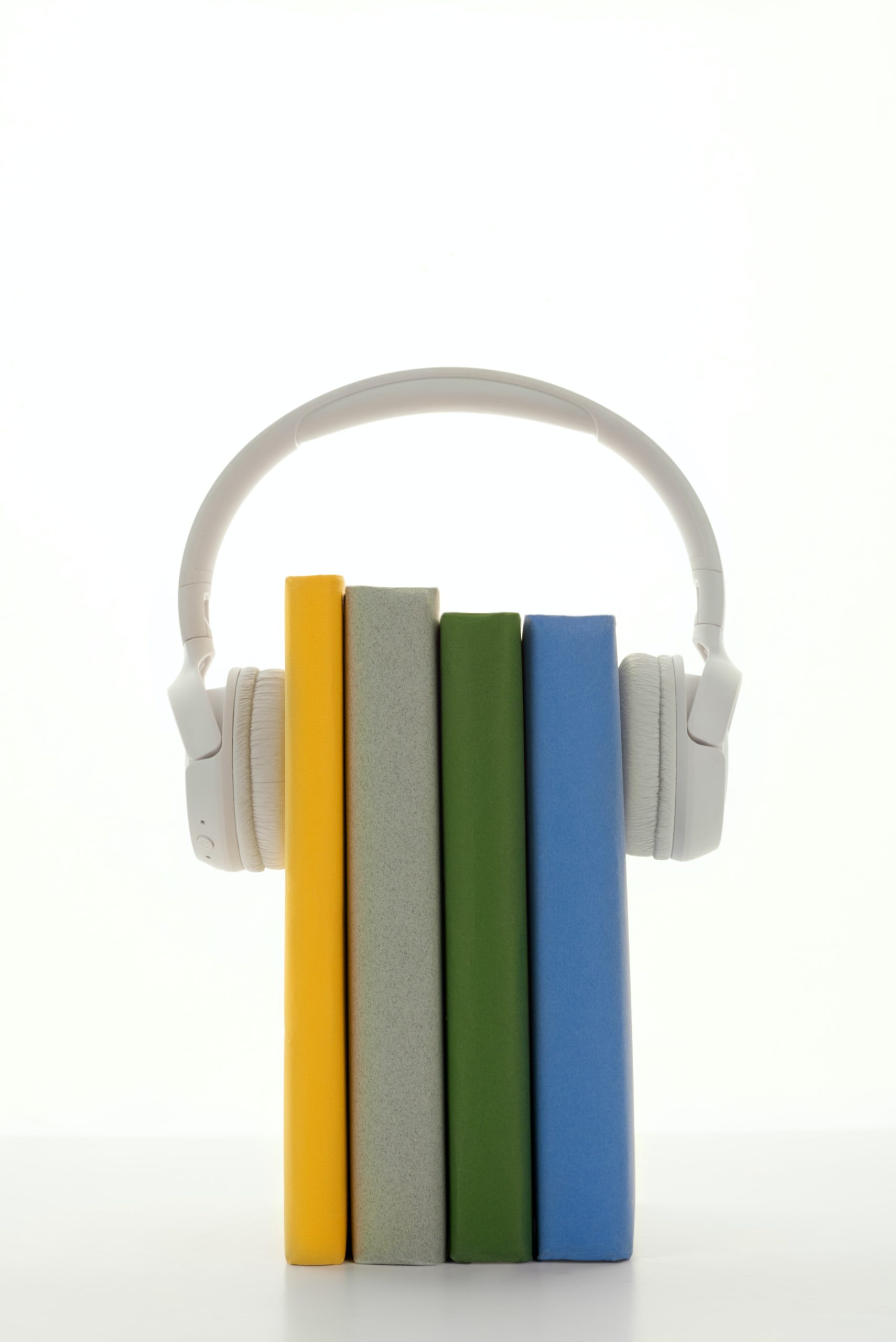This blog was written by Casey Kunzer, MT-BC On March 1st myself and my colleague Lauren had the opportunity to attend and present at SUNY Fredonia’s Mini Music Therapy Conference. Our presentation, “Becoming MT-BCs,” aimed to educate and empower student music...
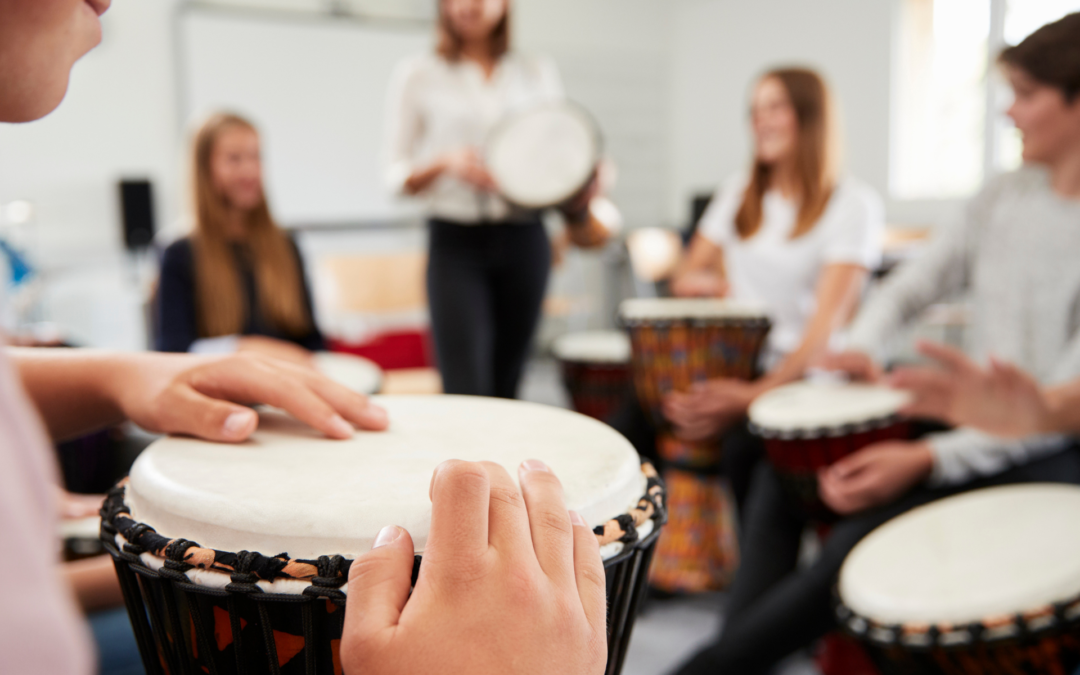
Enhancing Lives Through Music Services
Enhancing Lives Through Music Services
Do you have a child who recently graduated high school or aged out of their school-based music therapy services? Are you homeschooling or have a school-age child or preschooler who is now learning remotely? Maybe you are looking for a music experience to enrich your child or family member’s life? There are a variety of music opportunities through UMTC that can be conducted in your home, at our office, or virtually. These services are intended for members of our community of all ages and abilities. Read on to see if there is a service that grabs your attention!
Private Music Therapy Sessions
Perhaps you are searching for private music therapy services. There are many circumstances where music therapy may be an appropriate treatment option outside of the school setting – available for both children and adults. Music therapy may be recommended if the individual is more focused or completes tasks more consistently and successfully when music is used. Another circumstance would be if music elicits a non-verbal individual to make vocal sounds or attempts to sing songs or if an individual has limited mobility and is moving body parts to the beat of the music. Maybe your loved one has shown a strength in the area of music and you would like to explore the therapeutic options. The process to receiving music therapy services outside of school is different for everyone. Don’t hesitate to contact us to see what that process may look like for your child or family member.
Music Appreciation Class
Music Appreciation Class is a great way to expose the participant to different types of music, instruments, and activities in a small group setting. The best part is that the structure is totally flexible based on the participant’s interests! The music class leader wants the participant to be in charge and will create memorable, fun, and stimulating activities for them. Music appreciation is appropriate for all ages and abilities including families, siblings, or small groups.
Learning Through Music Class
Learning Through Music Class creates a wonderful engaging environment for individuals of any age to learn new skills or concepts. No matter what the topic, music can be paired with learning. The class offers instrument playing, singing, movement, and mnemonics (songs paired with concepts for improving and assisting the memory). The groups range from one to five participants.
Instrumental or Voice Lessons
Private instrumental or voice lessons are meant to be flexible for any learner! Adaptations can be made for diverse learning styles or those with a non-traditional approach to learning. If you know someone who has always wanted to learn an instrument or learn to sing, lessons through UMTC may be just right for them. We will ensure the lessons are structured for the participant to reach their maximum potential!
Where are the classes conducted due to COVID19?
Our classes are offered in-home, in schools and preschools, at our Penfield center, and virtually. In light of the pandemic, the decision of where to provide the service is dependent on the specific circumstances for everyone. Our therapists and class leaders are using PPE and all mandated safety protocol is being followed.
Funding may be available through your Self-Direction budget. For more information about Self-Direction contact our office. We welcome all questions about community-based music therapy services and prices? Click below to learn more.
Becoming MT-BCs: Presented by Casey Kunzer, MT-BC
World Music Therapy Week 2024
This blog was written by Robin Neary and Amy Thomas. Happy World Music Therapy week! It brings us joy to know that all around the world music therapists are coming together to celebrate and educate our communities on our profession. This year, Upstate Music Therapy...
Current Events: Marcus Whitman Community Partnership Event
This blog post was written by Robin Neary, MT-BC This month, Upstate Music Therapy Center employees Robin Neary, MT-BC, Jamie Swieringa, MT-BC, and Casey Kunzer, MT had the pleasure of attending Marcus Whitman School District’s Community Partnership Event. Families,...
